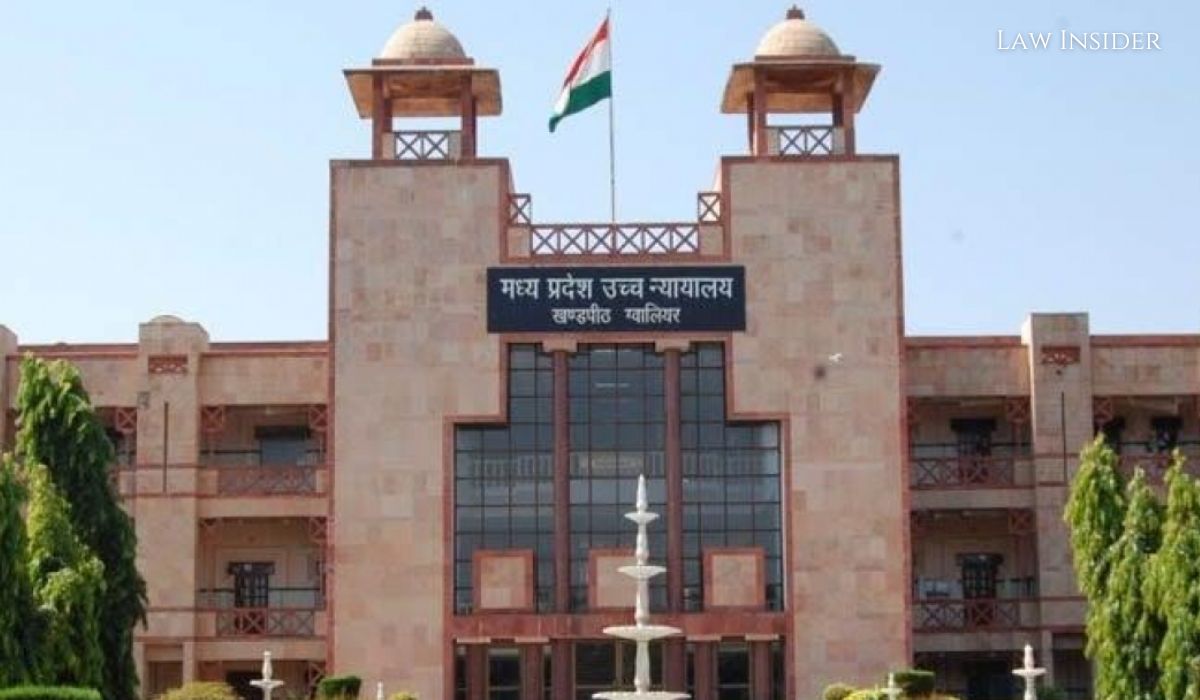LI Network
Published on: 24 July 2023 at 11:35 IST
The Madhya Pradesh High Court turned down the anticipatory bail plea of an individual accused in a case related to GST refund fraud conducted through bogus firms.
Justice Vivek Rusia, presiding over a Single Judge Bench, highlighted the seriousness of the offence, considering the estimated amount involved in the GST refund fraud to exceed 80 crores.
As a result, the court found no grounds for granting anticipatory bail to the applicant. Senior Advocate Ravindra Singh represented the Applicant, while Advocate Prasanna Prasad appeared for the Respondent.
The case revolves around the applicant, who served as the proprietor of M/s Manchan Overseas and the Director of Shankheshwar Impex Pvt. Ltd.
The allegations against the applicant involved fraudulent GST refund claims for goods purportedly exported but never actually dispatched, leading to the illegal obtaining of GST refunds. Based on these complaints, the applicant was named as an accused in the FIR, subsequently arrested, and placed on police remand.
However, the applicant obtained bail following a compromise with the complainants. However, the GST Investigation Wing sought a formal arrest for further interrogation.
Approaching the High Court for protection, the applicant claimed that the GST Investigation Wing was attempting to arrest them without adhering to proper guidelines, stating their willingness to cooperate with the investigation.
The GST Investigation Wing, on the other hand, argued that effective interrogation required the applicant’s custody, as other individuals involved in the case had implicated the applicant in establishing sham companies to claim bogus GST refunds.
The case involved a significant sum, with the potential GST refund exceeding 80 crores, and the GST Investigation Wing asserted that they had followed the required guidelines and obtained necessary approval for the investigation and arrest.
Upon analyzing the evidence collected against the applicant, the Bench noted that the applicant had failed to appear before the GST Investigation Wing despite receiving multiple summons under Section 70 of the Central Goods and Service Tax Act. The Bench further found that the applicant played a central role in orchestrating the fraudulent GST refunds through the creation of fictitious firms.
Emphasizing the need for a thorough investigation into the GST-RI and GST-3B sales and purchases involving as many as 25 sham companies, the Bench cited the case of Y.S. Jagan Mohan Reddy v. Central Bureau of Investigation [(2013) 7 SCC 439], wherein the Supreme Court had underscored the distinct treatment of economic offences concerning bail.
The Bench acknowledged that economic offences often entail complex conspiracies and significant losses of public funds, posing a grave threat to the overall economy and financial well-being of the country. Hence, such offences deserve serious consideration and are deemed as severe crimes, leading the Bench to reject the application for anticipatory bail.

